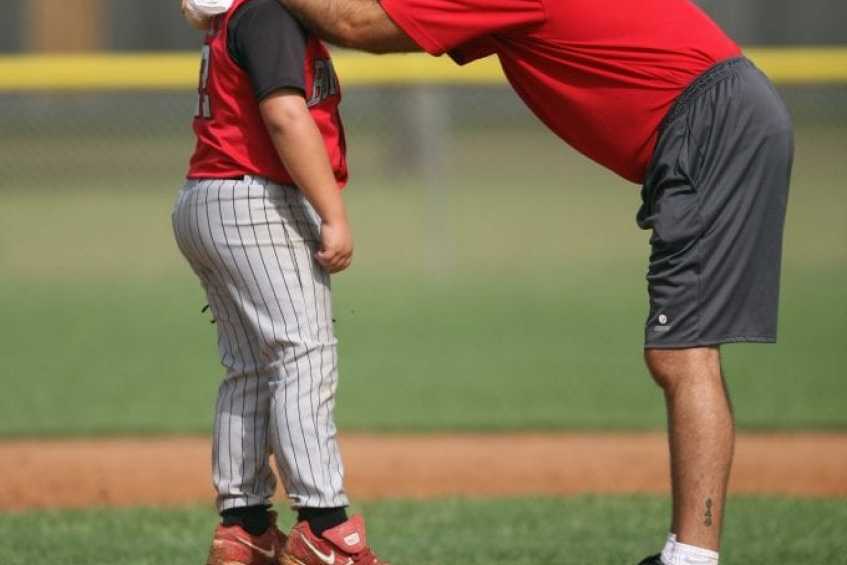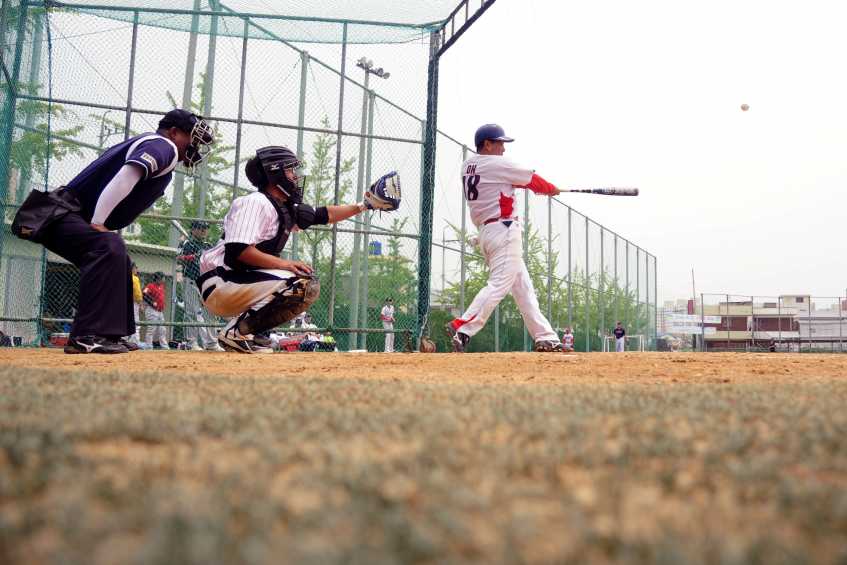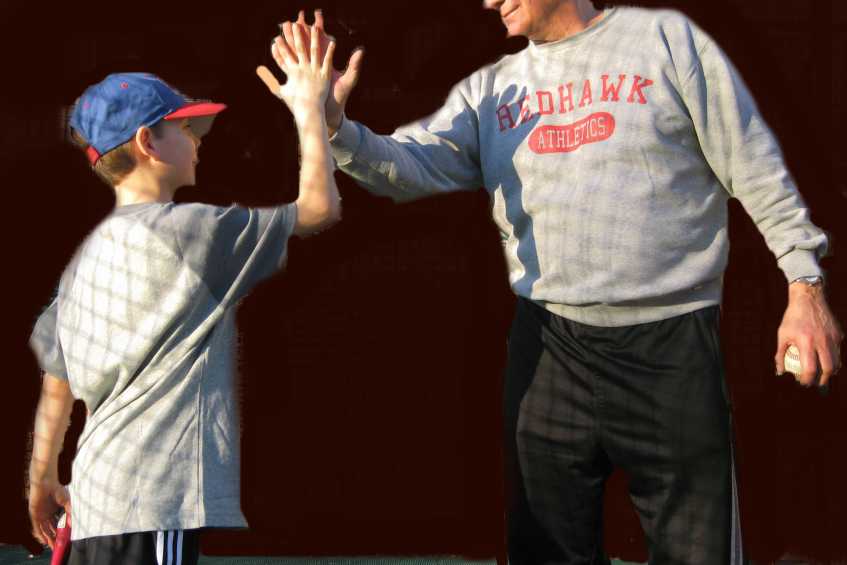


The psychology of coaching is different at the youth levels of sports than at the higher levels. However, many of the tactics are similar when it comes to keeping players' focus.
Some of the best coaches I had confused our team. We would play well and win, and our coach would rant and rave as if we were the worst team on earth. Other games, we would play poorly and lose. Our coach laughed it off, told us to hang in there and hold our heads up high. I now realize that when coaches do this, they're using sound psychology. Underneath the outward behavior, of course, they didn't enjoy losing and they wanted to win, but they had the big picture in mind. They didn't show their true feelings because their aim was on long-term improvement. They wanted to keep players motivated and concentrated, win or lose.
Coaches don't want teams to be complacent after wins or discouraged after losses. Coaches act in ways that don't always reflect their inward contentment or disappointment. They see that satisfied players often don't put in as much effort, and disheartened ones do the same with a "what's the use" mindset. The best coaches are familiar with human nature and use psychology to overcome that.
Following are the coaching tips to employ at all levels to get the most out of individuals and teams alike.
Of course, many people who volunteer to coach realize the most difficult part is working with their child in a team setting. Knowing the best psychology
Most parents go into coaching with great intentions but the situation often deteriorates between child and parent because they are so concerned with either being too favorable towards their own, or too harsh on them. It takes a special psychology of coaching so that the experience ends up a positive one for all.
Coaching a team sport with your child on the team should be one of the most rewarding experiences for both parent and player. However, problems often begin because kids feel extra pressure or are self-conscious when their parent is the coach. Additionally and for whatever reason, kids have a difficult time listening to and taking instruction from their parent. This does not mean the kids are bad or that the parent coach is too tough on their kid; just one of the parent-child dynamics that exist.
A strained relationship can develop, but the good news is that it is avoidable when the parent coach can follow the key to coaching one's own. The first consideration to take into account, even before thinking of coaching ones' own, is whether the parent has the knowledge base to coach at the age level and the time to coach. Volunteer youth coaches do not have to be experts but must display knowledge of the basics or a willingness to learn those basics, along with the necessary enthusiasm to coach.
Once that is determined, parents should ask themselves the following to see if they should coach their own child:
You might say that if parents have to answer yes to those, there would hardly be any parents coaching their own child and you may be right. This is why the psychology of coaching your own child is so important. The good news is that there is a way to do it right.
The key to coaching one's child is to coach as if your child is not on the team. The minute the team assembles, the parent coach must forget who their child is for that time. Easier said than done, of course, but those who can coach, as if their child is not part of the team, and treat them as just another player,create amemorable and enjoyable experience for all.
Obviously, the parent coach has to become a good actor and this is how to do that.
Be Fair set up your coaching philosophy and stick to it. This philosophy should cover playing time, discipline, what is expected from players including one's own, pre-game, in-game and post-game behavior.
Be Fair Remember, coaches have a responsibility to all players, not just their own child, so give equal attention and equal respect to all.
Be fair Treat own child same as others, especially emotionally. Of course, this one is the biggest challenge but is very important.
Be fair - Don't expect more from your own child than you expect from the other players.
When the parent coach can do these things, the respect other players have for their parent will be apparent. The child will not feel extra pressure or self-conscious about receiving special treatment from their parent as the coach. They will be so proud to be your child and so proud to be part of your team.
Finally, when the game or practice is over, become dad or mom again, and forget about the psychology of coaching.
 Psychology of Coaching - Get Here
Psychology of Coaching - Get Here
After playing major league baseball, Jack Perconte has taught baseball and softball since 1988 and offered valuable coaching training too. He has helped numerous youth players reach their potential, as well as having helped parents and coaches navigate their way through the challenging world of youth sports. Jack is one of the leading authorities in the areas of youth baseball training and coaching training advice.
All Jack Perconte articles are used with copyright permission.There are 0 comments on "Psychology of Coaching Your Own Child"
david graham says:
"With no current MLB team in Canada,..."
On With no current MLB team in
Charles Chavez says:
"To All Coaches: Do you have13U or..."
On Looking for Games
Charles Chavez says:
"To All Coaches: Do you have13U or..."
On Looking for Games